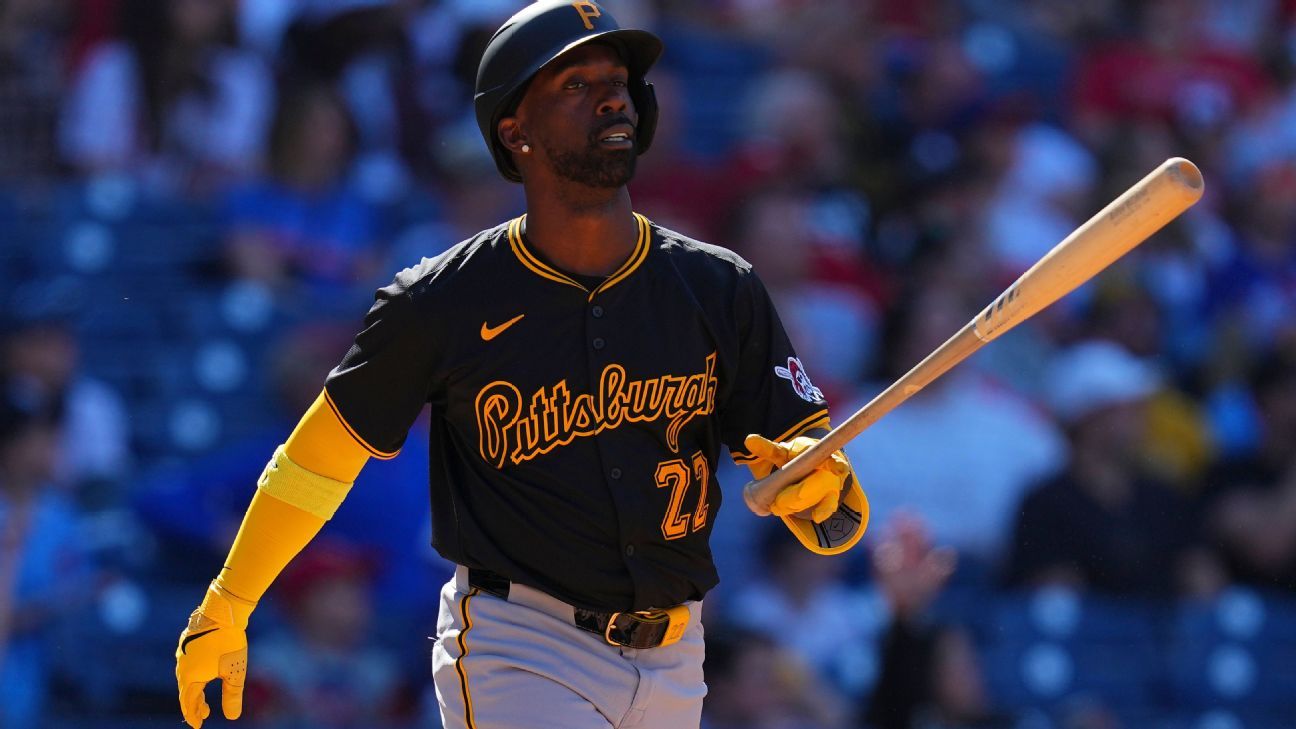Ex-Saint Gleason returns home after hospital stay
Written by I Dig Sports
Former New Orleans Saints safety and ALS advocate Steve Gleason has returned home after spending six nights in the hospital following a medical event last week.
"I've been inside for six days, so to be greeted by the full Mooooooooooooooon, the Oaks, and our family ... Reborn," Gleason posted on social media Tuesday night, along with several pictures of him at home with his family.
Gleason has been active on social media and had posted a picture of himself in his hospital bed watching the Saints' 44-19 win over the Dallas Cowboys on Sunday.
Gleason was diagnosed with ALS in 2011 and uses a ventilator to breathe. He was transported to the hospital on Sept. 11 because of low blood pressure and a fever, his publicist, Clare Durrett, told ESPN last week.
His physician suggested he go to the hospital for evaluation, which was made more complicated by Hurricane Francine, a Category 2 storm that had made landfall in Louisiana. Thousands of people in New Orleans lost power because of the hurricane, whose winds reached almost 100 mph at landfall. Additionally, street flooding in parts of New Orleans made it difficult for EMS and first responders to travel while the storm was still moving through the area.
Durrett had said there was a concern that EMS and first responders would not be able to reach Gleason, but "luckily, they made it through to him at a time when Steve's health was deteriorating."
Gleason, a former Saints special teams captain who played seven seasons for New Orleans, is best known for his blocked punt against the Atlanta Falcons in the Saints' first game back after the Superdome reopened in 2006 following Hurricane Katrina. He is now an advocate for ALS awareness and works via his foundation Team Gleason to provide technology, equipment and support services to others living with ALS.
He was the recipient of the Arthur Ashe Courage Award at the ESPYS in July. He and co-writer Jeff Duncan also recently published Gleason's memoir, "A Life Impossible," which Gleason wrote using eye-tracking technology.















 Phone: (800) 737. 6040
Phone: (800) 737. 6040 Fax: (800) 825 5558
Fax: (800) 825 5558 Website:
Website:  Email:
Email: 






